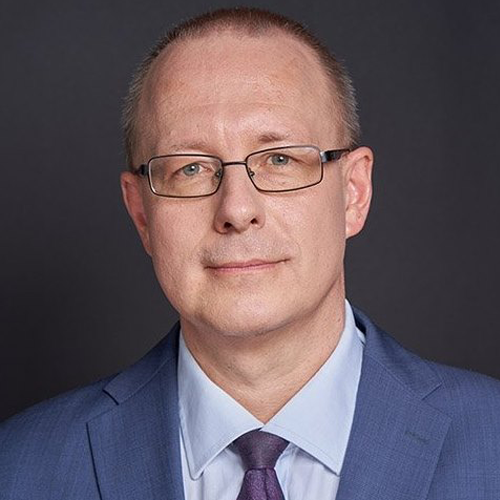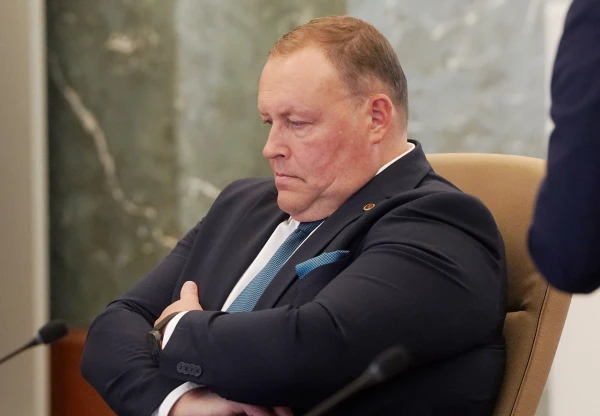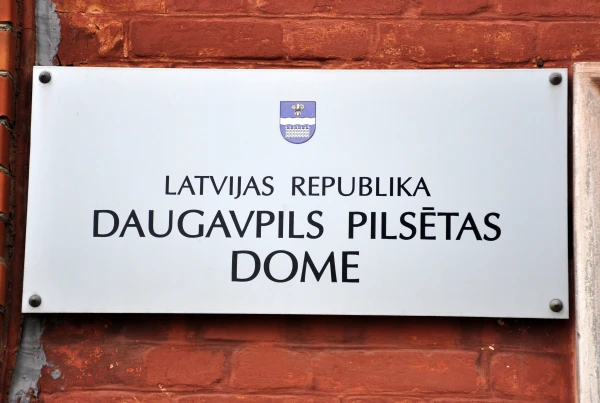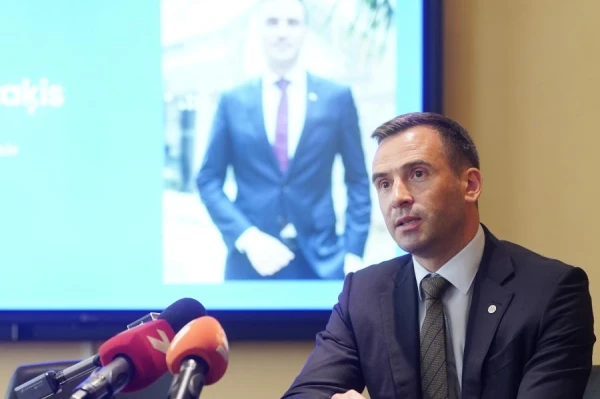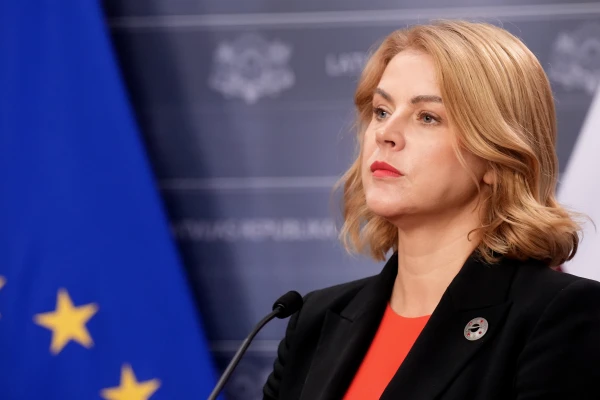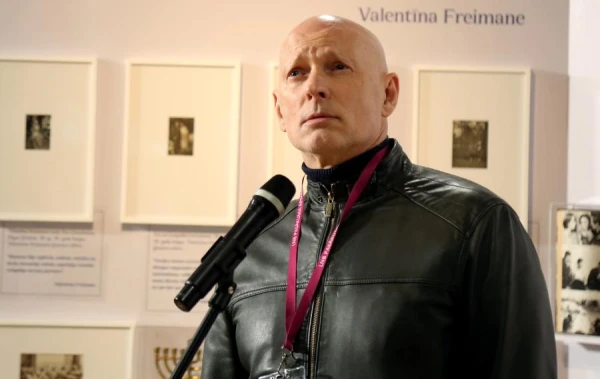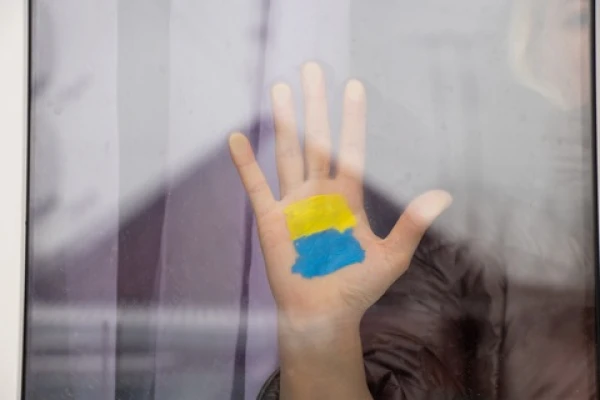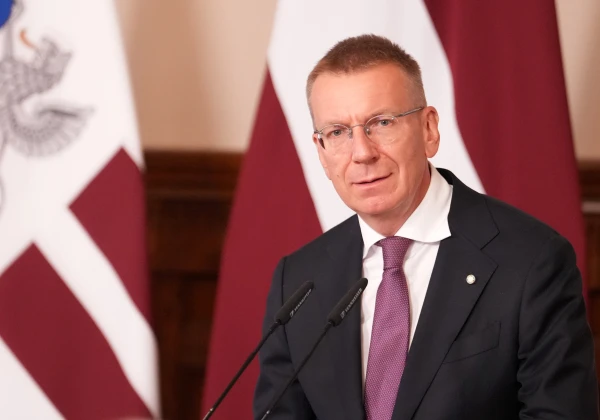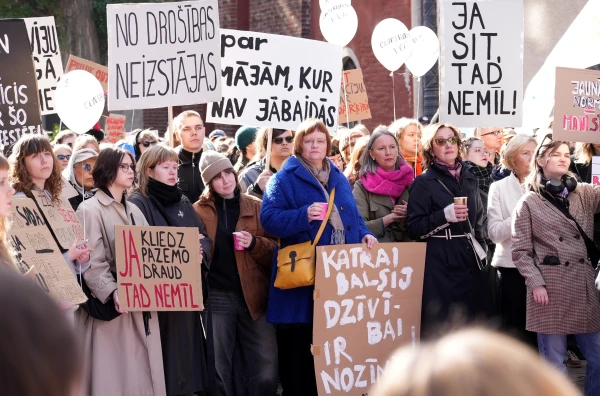
The information report "On Progress in Implementing the Convention on Preventing and Combating Violence in the Family and Domestic Violence" arrived just in time for the cancellation of this document by the Saeima.
But what did the notorious Istanbul Convention give to our country? Let's go through the list.
The Ministry of Welfare established an information hotline for preventing cases of violence. Moreover, interestingly, not only victims could call it, but also... abusers. Those who have already committed an act or are just intending to. About 40 calls a month!
Five consultations were held in the regions to eradicate violence in child upbringing. Slapping, punishing, etc. – not acceptable. A final conference was scheduled for November 25 in Valmiera, but it is unclear how it will proceed now with the denunciation of the Istanbul Convention.
Latvia also fought against grooming. This is a "long-term, targeted, and manipulative process, either in person or online, in which the groomer gradually establishes an emotional connection with a child or young person and gains their trust to achieve malicious goals (including sexual exploitation)." To eliminate such disgraceful practices, last summer a film by director Emilia Karetnikova titled "The Bodily Discoveries of My Childhood" was shown, followed by a discussion titled "I Thought It Was Friendship."
The Ministry of Justice, the Ministry of the Interior, and their subordinate institutions trained 110 officials in methods for preventing domestic violence. They also actively implemented bracelets as a preventive measure. "The State Police introduced an electronic monitoring system... to ensure that the proximity of the suspect or accused person to the at-risk individual or location complies with the restrictions established by the relevant preventive measure." The first actual case of application was noted in the verdict of the Riga City Court on August 28.
Through the Ministry of Culture, support was provided for female journalists. A shocking revelation emerged: 48% admitted to experiencing harassment at work, 26% assessed the impact on themselves as harmful to their mental health, and 12% even had to seek help from medical professionals and psychologists. The Ministry of Culture developed a Journalist Safety Plan until 2027.
Additionally, measures were "implemented to reduce the risk of violence in higher education institutions – universities of arts and culture, including taking into account the recommendations of the Ombudsman’s Office of the Republic of Latvia." This is a good initiative, but unfortunately, the main state human rights defender Juris Jansons had to resign in disgrace this year...
For its part, the Ministry of Health is preparing to create a special center for victims of violence; 130 medical workers have been trained on the protocol for identifying violence. Meanwhile, the Ministry of Education and Science found 600,000 euros in its reserves to conduct activities aimed at "improving well-being" in educational institutions in cooperation with local governments.
"Students have the opportunity to receive consultations and support from psychologists, social educators, and other specialists. Work is also being done with classmates as 'bystanders' to promote their intolerance towards violence."
In general, hundreds of well-paid specialists are all busy – and then suddenly the Saeima starts the process of denunciation. And who would like that?
